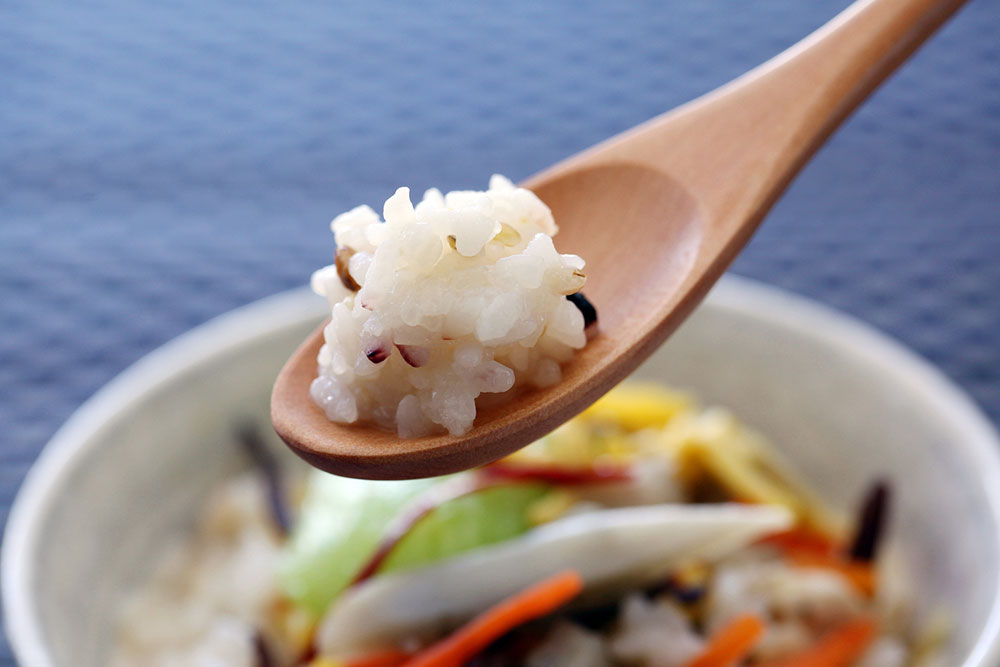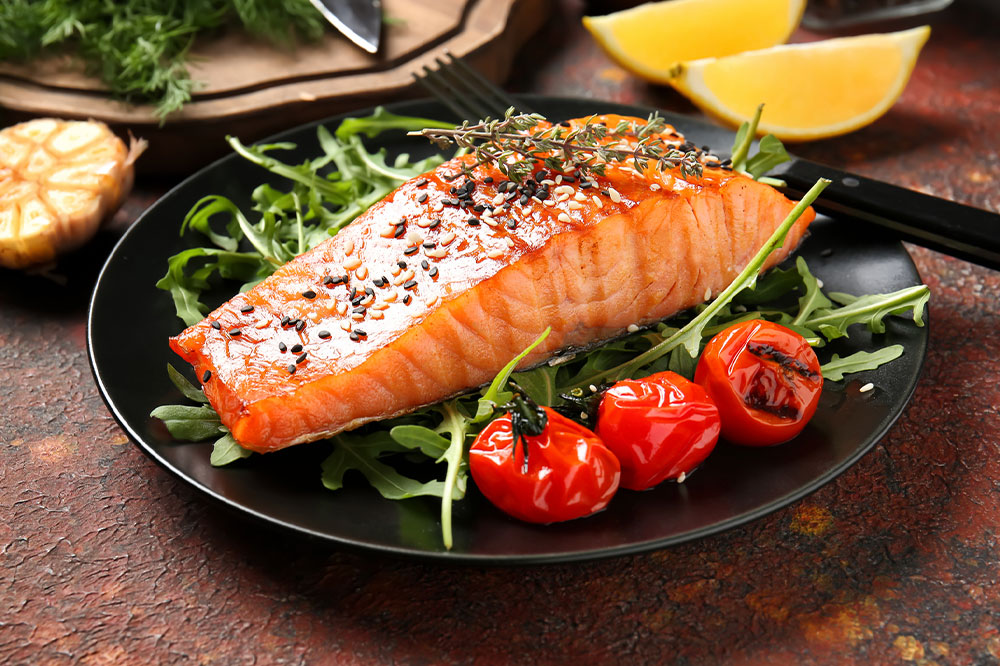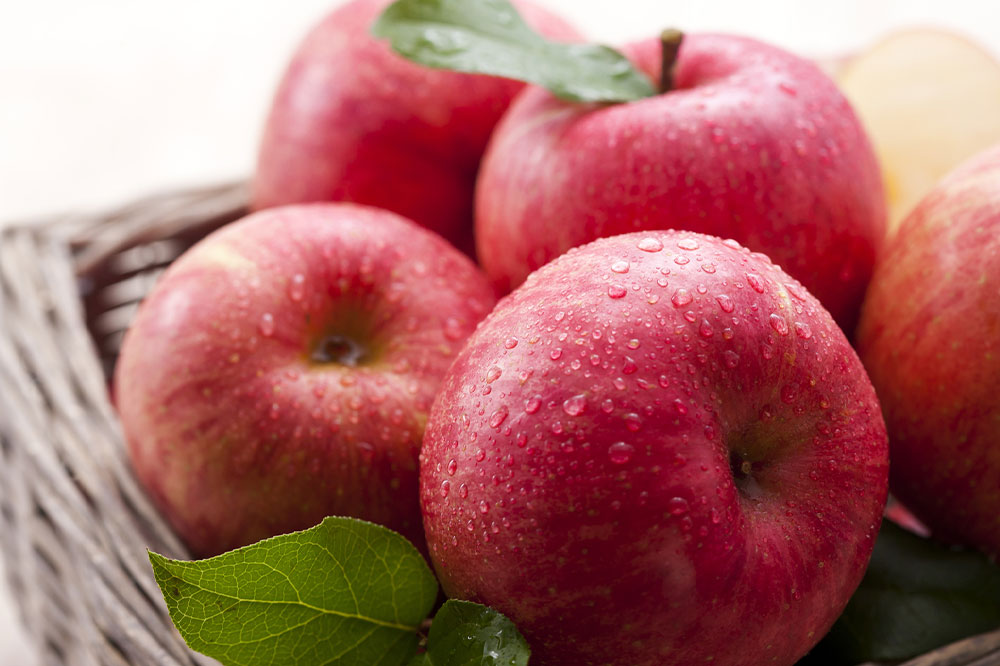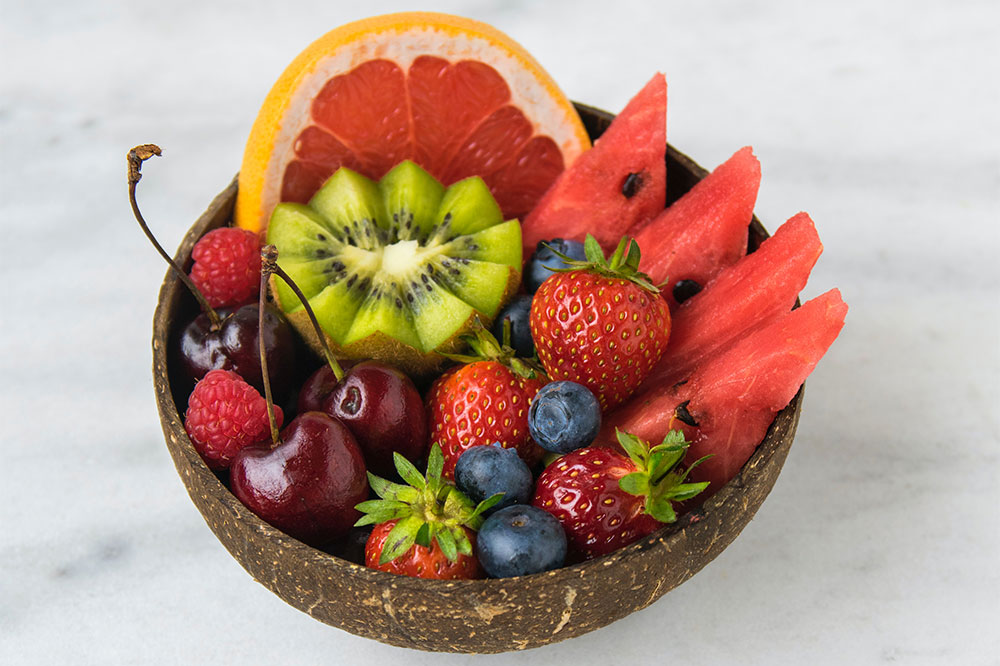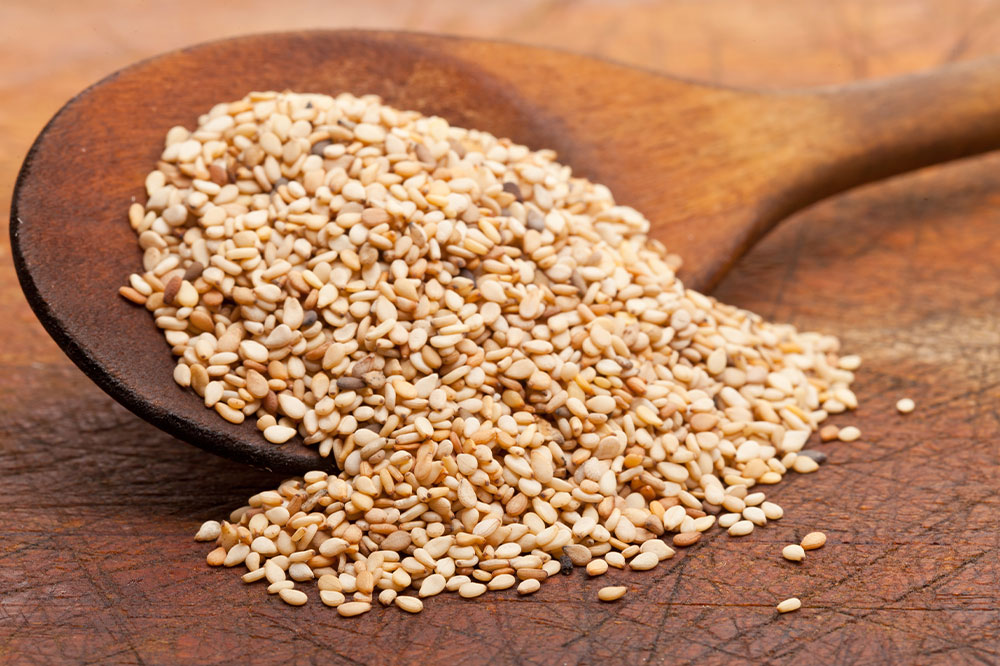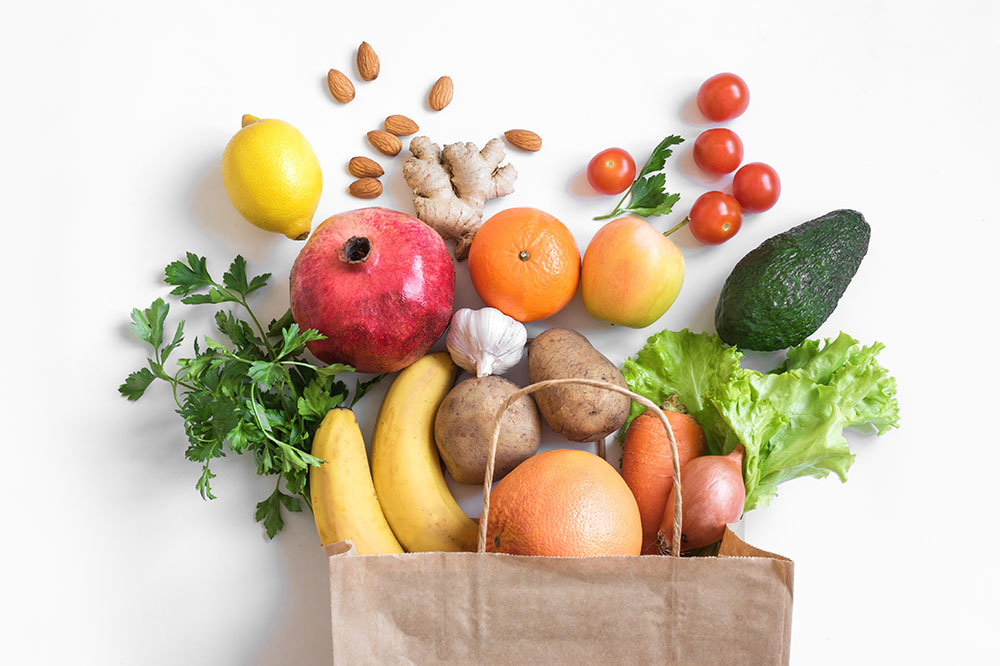Comprehensive Guide to 8 Lung-Healthy Foods That May Help in Lung Cancer Prevention
Discover the top 8 foods that support lung health and may help prevent lung cancer. This comprehensive guide highlights the nutritional benefits and practical ways to incorporate these protective foods into your diet, emphasizing antioxidants, anti-inflammatory compounds, and immune-boosting nutrients essential for lung health and cancer prevention.
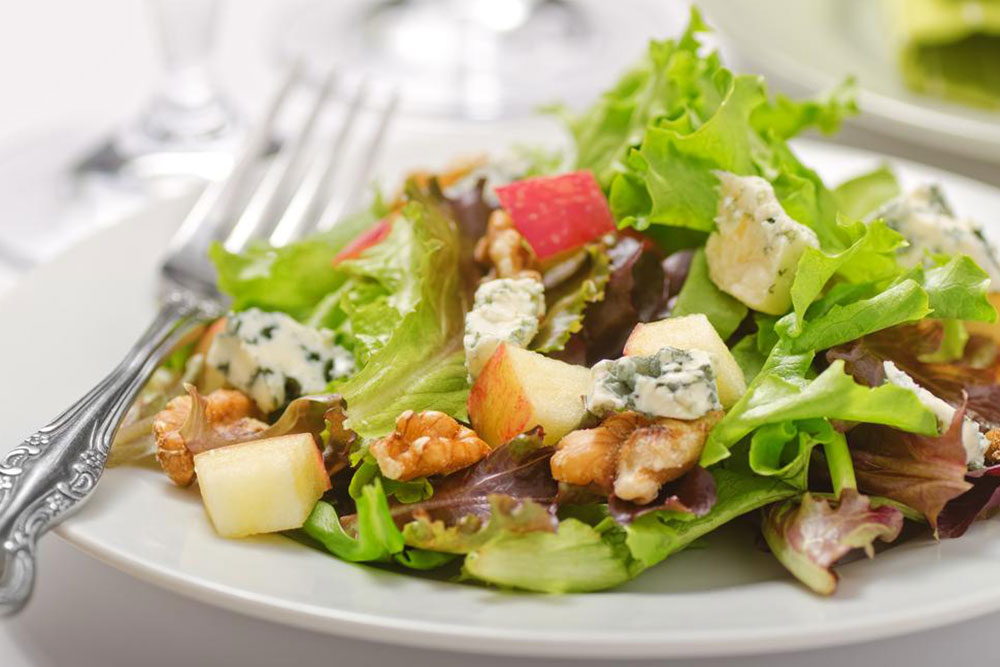
Comprehensive Guide to 8 Lung-Healthy Foods That May Help in Lung Cancer Prevention
Lung cancer remains one of the most challenging and deadly forms of cancer worldwide, with increasing incidence rates driven by factors such as smoking, environmental pollutants, and lifestyle choices. As research advances, it's become evident that diet and nutrition play a significant role in reducing the risk and supporting the treatment of lung cancer. Incorporating specific foods into your daily diet can help strengthen lung health, enhance immune defense, and potentially lower the likelihood of developing lung cancer. In this in-depth guide, we explore eight powerful foods renowned for their lung-protective and anti-cancer properties, along with scientific insights into how they work and practical tips for including them in your meals.
1. Apples and Pears: Nature’s Lung Protectors
Fresh fruits like apples and pears are not only delicious but also packed with health-promoting compounds. Recent scientific studies indicate that these fruits contain bioactive substances, particularly phloretin, which have promising effects on lung health. Phloretin, a naturally occurring flavonoid, exhibits anti-inflammatory, antioxidant, and anti-tumor activities. It is believed to inhibit tumor cell proliferation, reduce fibrosis in lung tissues, and potentially aid in recovery from lung cancer.
Consuming apples and pears regularly may offer protective benefits, especially for individuals at high risk of lung diseases. These fruits can be enjoyed fresh, added to salads, or used in smoothies. It is recommended to eat a variety of fresh fruits daily to maximize health benefits while leveraging their natural detoxifying and immune-boosting properties.
2. Green Tea: Rich in Cancer-Fighting Antioxidants
Green tea has long been celebrated for its exceptional health benefits, primarily due to its high content of polyphenols such as Theaflavin and Epigallocatechin gallate (EGCG). These compounds are powerful antioxidants that help neutralize harmful free radicals, reduce cellular damage, and inhibit carcinogenesis. Numerous epidemiological studies associate regular green tea consumption with a decreased risk of various cancers, including lung cancer.
For optimal benefits, freshly brewed green tea is preferable over bottled or instant versions, which may lack the complete spectrum of antioxidants. To incorporate green tea into your routine, consider replacing your daily coffee or soft drinks with a cup of freshly brewed green tea. Adding a squeeze of lemon or a drizzle of honey can make it more enjoyable and enhance absorption of beneficial compounds.
3. Salmon: A Rich Source of Vitamin D3 and Immune Support
Salmon, a fatty fish rich in omega-3 fatty acids and Vitamin D3, plays a vital role in supporting lung health and immune function. Patients recovering from lung cancer, especially those undergoing chemotherapy, benefit from dietary sources of Vitamin D, which is crucial for immune regulation and cellular repair. Sun exposure naturally boosts Vitamin D levels, but for individuals with limited sun access or undergoing treatment, consuming salmon becomes an essential dietary strategy.
Incorporate baked, grilled, or poached salmon into your weekly meals. It pairs well with vegetables and whole grains. Aside from supporting immune health, omega-3s have anti-inflammatory effects that can help reduce lung tissue inflammation and improve respiratory function.
4. Ginger: A Natural Anti-Cancer Agent
Ginger is a versatile spice renowned for its medicinal properties, particularly its antioxidant and anti-inflammatory effects. It contains bioactive compounds like 6-Shogaol, which research suggests may help inhibit the spread of cancer cells and tumor growth. Ginger's potential to limit metastasis makes it a valuable addition to a lung cancer prevention or management diet.
Fresh ginger can be grated into teas, smoothies, stir-fries, soups, or used as a flavoring agent in various dishes. Consuming ginger regularly may help bolster defenses against oxidative stress and inflammation, contributing to overall lung health and resilience against carcinogenic factors.
5. Turmeric: The Golden Spice with Powerful Anti-Cancer Properties
Turmeric is widely recognized for its vibrant color and potent anti-inflammatory and antioxidant properties, primarily due to its active compound curcumin. Curcumin has been extensively studied for its ability to induce apoptosis (cell death) in cancer cells, inhibit angiogenesis (formation of new blood vessels fueling tumors), and modulate immune responses.
To maximize turmeric's benefits, incorporate it into your cooking—whether in curries, soups, or smoothies. Pairing turmeric with black pepper enhances curcumin absorption. Ongoing research suggests turmeric could be an effective adjunct in lung cancer therapy and prevention strategies.
6. Berries: A Delicious Source of Tumor-Reducing Compounds
Berries such as blueberries, raspberries, and blackberries are abundant in anthocyanidins, including delphinidin, which have demonstrated anti-cancer effects in numerous studies. These compounds can suppress tumor growth, prevent blood clots, and improve overall vascular health.
Enjoy berries fresh, in cereals, smoothies, or as toppings on yogurt. Their vibrant color and sweet-tart flavor make them a perfect addition to any diet aimed at reducing cancer risk and supporting lung health.
7. Flax Seeds: An Anti-Fibrotic Nutrient Powerhouse
Flax seeds are rich in alpha-linolenic acid (ALA), fiber, and lignans with anti-inflammatory properties. They are particularly valued for their potential to protect lung tissue from fibrosis, a scarring process that impairs lung function. Regular consumption of flax seeds can support healthy lung tissue, strengthen immune defenses, and reduce oxidative stress.
Ground flax seeds can be added to smoothies, cereals, yogurts, or baking recipes. Ensuring adequate intake of omega-3s and fiber from flax seeds helps maintain respiratory health and overall cellular integrity.
8. Red Grape Juice: Resveratrol’s Role in Healthy Tumor Response
Red grape juice contains resveratrol, a natural polyphenol with exceptional antioxidative and anti-inflammatory effects. Resveratrol has been shown to increase the sensitivity of tumors to chemotherapy and radiotherapy, thereby enhancing treatment efficacy. Additionally, resveratrol also exists in dark chocolate and blueberries, which can be included in a balanced diet.
Choosing pure, unsweetened red grape juice or consuming grapes directly can help you harness resveratrol's lung-protective benefits. Incorporating these foods into your diet may contribute to better treatment responses and improved lung health over time.
Conclusion
Adopting a lung-healthy diet enriched with these eight foods can be a powerful addition to medical treatments and preventive measures against lung cancer. While no single food guarantees immunity, a nutritional approach that emphasizes antioxidants, anti-inflammatory compounds, and immune-supportive nutrients can significantly reduce risk and support recovery. Before making drastic dietary changes or supplements, consult healthcare professionals for personalized guidance. Incorporating these foods with a balanced lifestyle—avoiding smoking, reducing environmental toxins, exercising regularly—can create a comprehensive strategy for maintaining healthy lungs and overall well-being.
